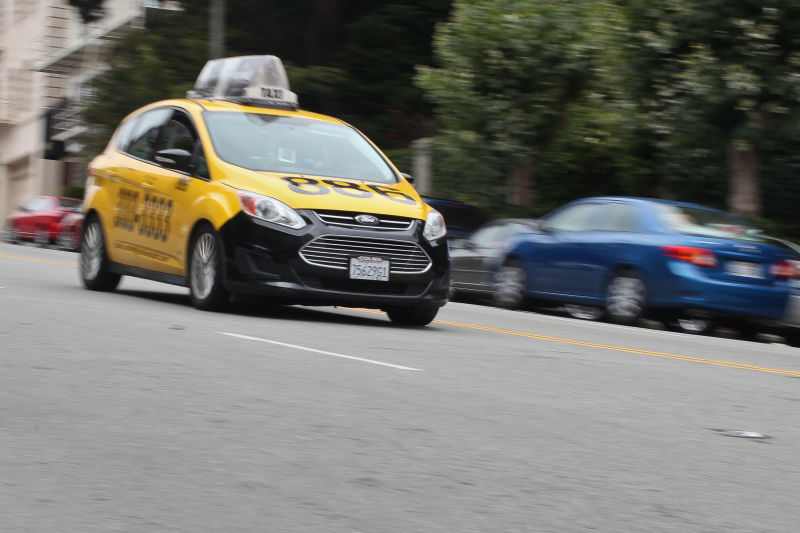San Francisco transportation officials adopted an alcohol and drug testing program for the city's 5,500 taxicab drivers Tuesday, but opted against complying with federal and state regulations that require drivers to be suspended if they test positive for marijuana.
The San Francisco Municipal Transportation Agency board of directors unanimously approved the new policy, but amended it so that drivers who do test positive for marijuana would keep their taxi permits if they show a valid medical marijuana recommendation from a doctor.
Under the policy, taxi drivers must submit to drug and alcohol tests when they apply for taxi permits, renew the permits annually or get in a collision. They'll also be tested in cases where there's a "reasonable suspicion" that they're inebriated or intoxicated, said Kate Toran, the head of the SFMTA's taxi services division. A positive drug or alcohol test could lead to a suspension or a driver's permit could be revoked.
The city has been out of compliance with state regulations adopted in 1996 that require alcohol and drug testing of taxicab drivers. The new policy, which took six years to craft, would put the city "mostly in compliance," said Toran.
Several taxi drivers testified that the policy, as originally proposed, was another example of how the cab industry is competing on an uneven playing field with ride services such as Uber and Lyft.
